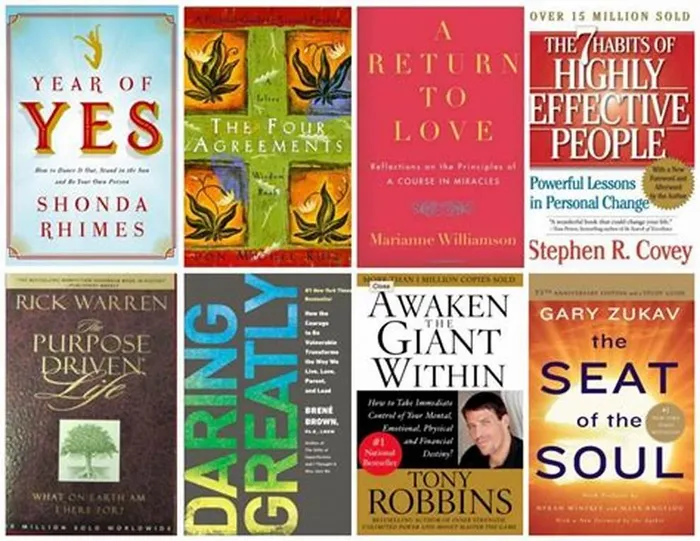To Read or Not to Read: Embracing the Joy of Selective Reading

A thoughtful exploration of how intentional reading choices can deepen connection, sharpen focus and keep curiosity alive in a world overflowing with content.
Image: Pinterest
I used to think that being “well-read” meant finishing every book I started.
But over time, I realised that this approach was not for me. Some books simply did not resonate, while others felt like quiet invitations arriving at just the right moment. That was when I embraced selective reading, choosing books and content that truly resonate with me and feel relevant and meaningful.
I don’t read everything, but that doesn’t mean I don’t love books. In fact, this way of reading has made my experience richer and more joyful. It is a personal choice and also something many people are embracing in this age of endless information.
Why Selective Reading Makes Sense Today
We live in a world overflowing with content. Millions of books, articles, podcasts, and videos compete for our attention each day. Trying to consume it all is like drinking from a firehose—overwhelming and unsustainable.
Daily reading has decreased significantly, especially among younger children. Even so, a compelling book cover or an intriguing title still has the power to capture attention and the freedom to choose what to read continues to inspire.
That tells me something meaningful: reading is not about pushing through pages that do not resonate. It is about connection. Sometimes, a book title feels like a quiet invitation, just intriguing enough to draw me in. And often, that small spark is all it takes to begin the quest.
The Science Behind Selective Reading
There is growing scientific support for the practice of selective reading. Research shows that readers who intentionally focus on relevant information tend to comprehend more deeply and retain information more effectively.
Eye-tracking studies reveal that proficient readers naturally gravitate toward key content, which boosts understanding and performance. This focused approach is rooted in selective attention, the ability to filter out distractions and concentrate on what matters. In this way, selective reading is not simply a habit.
It is a deliberate skill that empowers readers to grow intellectually and engage with content in a more meaningful way.
The Echo Chamber Trap: What You Focus On Grows
But here is the catch. This type of reading can sometimes resemble hyper-personalisation, much like how social media algorithms feed us more of what we already like.
The difference is that I choose what to read. Still, if I only seek ideas that confirm my views, I risk narrowing my outlook.
The saying 'what you focus on grows,' reminds me that intellectual growth relies on balance. Without exposing myself to challenging or opposing ideas, selective reading can lead to a limited view that stifles growth instead of encouraging it
How I Keep My Reading Balanced
To avoid that, I mix things up. I enjoy podcasts, documentaries and news from a range of sources. They encourage curiosity, nurture open-mindedness and keep me engaged. This multi-format approach sharpens my focus on what truly matters and helps me maintain a broad and dynamic perspective.
Different Readers, Different Journeys
While this style of reading resonates with many, it is not universal. Some readers find joy in immersing themselves deeply in a book, even when it presents a challenge. That kind of discipline fosters patience and can lead to unexpected insights.
I remember working my way through a dense classic, only to uncover profound wisdom that reshaped how I saw the world.
Maya Angelou put it perfectly: “Any book that helps a child to form a habit of reading, to make reading one of his deep and continuing needs, is good for him.” Whether I engage selectively or explore every page, what matters most is the love of reading itself.
So, What’s Your Reading Style?
This kind of reading becomes most effective when guided by intention and self-awareness. It means trusting my instincts while also stretching beyond my comfort zone. It is about balancing what feels right with what challenges me.
Do you follow the call of a book title, or do you finish every book you begin? How do you keep your reading fresh and open? Some readers savour every chapter, finding depth even in the slowest passages. Others follow instinct, letting curiosity lead them from one title to the next.
For me, it is about staying attuned to what sparks my interest in the moment. Sometimes that means pausing a book that no longer resonates. Other times, it means diving into unfamiliar territory to shake things up.
Reading, after all, is not a race. It is a relationship.